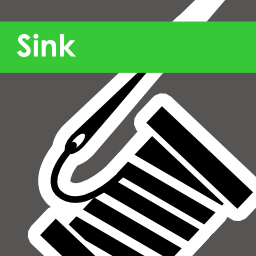A Serilog sink that writes events to the Splunk. Supports .NET 4.5+, .NET Core, and platforms compatible with the .NET Platform Standard net45, netstandard1.1, netstandard2.0.
Package - Serilog.Sinks.Splunk
To get started install the Serilog.Sinks.Splunk package:
PM> Install-Package Serilog.Sinks.SplunkOR
$ dotnet add package Serilog.Sinks.SplunkIf using the TCP or UDP sinks install the following packages
- TCP:
Serilog.Sinks.Splunk.TCP - UDP:
Serilog.Sinks.Splunk.UDP
To start using the Splunk Event Collector (Splunk 6.3 and above), logging can be setup as follows.
var log = new LoggerConfiguration()
.WriteTo.EventCollector("https://mysplunk:8088/services/collector/event", "myeventcollectortoken")
.CreateLogger();If using appsettings.json for configuration the following example illustrates using the Event Collector and Console sinks.
{
"Serilog": {
"Using": ["Serilog.Sinks.Console", "Serilog.Sinks.Splunk"],
"MinimumLevel": "Information",
"WriteTo": [{
"Name": "Console"
},
{
"Name": "EventCollector",
"Args": {
"splunkHost": "http://splunk:8088",
"uriPath": "services/collector/event",
"eventCollectorToken": "00112233-4455-6677-8899-AABBCCDDEEFF"
}
}
],
"Properties": {
"Application": "Serilog Splunk Console Sample"
}
}
}More information about Serilog is available on the wiki.
Serilog is copyright © 2013-2024 Serilog Contributors - Provided under the Apache License, Version 2.0. Needle and thread logo a derivative of work by Kenneth Appiah.


